In 2013, a study from Oxford University about the future of work concluded with the controversial prediction that 47% of all jobs are at risk of being eliminated by artificial intelligence and automation. A more recent study from the University of Mannheim suggested a more modest figure, just 9%.
Even if the lower figure is more accurate, it’s still quite sobering as we finish the tenth (and what some economists consider the last) year of the current economic expansion, to consider what to do when the next recession hits, and what jobs will still exist when it ends — it seems that nearly 1 in 10 jobs will go away, at minimum.
It’s not all bad news — does anyone really lament the fact that we no longer need to route our phone calls through a telephone switchboard operator? But someone who is working in a field that is the modern equivalent of telephone switchboard operator needs to consider how to keep working as the economy moves into another phase.
One of the best strategies to hang on to your job is to identify as a learner. When new technology comes into the workplace to replace workers, someone needs to stay who knows how to use that technology. If nobody fits the bill, the company may train its top workers to take over, but someone who is already ahead of the curve will have an edge.
What to Learn
One of the challenges in identifying as a learner is to figure out what to learn. That isn’t always easy in a quickly changing marketplace. The best way to do this is to stay informed about the direction the industry is moving as well as the direction the company is moving.
If a company’s competitors are adopting new technology, it’s best to start learning it before your company adopts it. In addition to that, it’s a good idea to follow what new technologies a company’s vendors and customers are adopting as well.
Not all learning has to be technology-based. If a company is thinking of opening a new branch office or expanding sales to another country, it might be a good idea to start learning the language. Even if you don’t become fluent, you’ve identified yourself as a learner who will remain valuable to the company in a number of different business environments, and if it comes time to staff the new office, someone who knows a little of the language is better than someone who doesn’t speak it at all.
Be creative in looking for skills to pick up. Even getting an international driver’s license can be a useful skill.
How to Learn
Many people assume that if their company needs its employees to gain a new skill, they’ll offer free training. This is not necessarily true. If there is a poor match between the employees and the new skill set required, they may just let the employees go and hire a new, smaller batch of employees.
There is something to be said though for familiarity with company policies, history, and legacy, and if they can find seasoned employees who also know the new skills required, they’ll keep them. The bottom line here is that nobody can count on free training from the company.
Fortunately, technology has given us a number of solutions. A web search for the term MOOC (which stands for Massive Open Online Courses) will result in a treasure trove of matches, such as Coursera, edX, Khan Academy, and a number of free online course offerings from traditional universities such as Yale. Some of these courses are simply YouTube videos of recordings of the traditional class held in a lecture hall, others are designed specifically for an online audience. Some are free, some charge tuition. Some offer credit, some don’t. But whatever you’re looking to learn, you’ll almost certainly find an online class for it.
It doesn’t have to take that much effort either. Some learning can be done in your spare time. For example, if you have a long commute on public transportation, consider downloading some learning apps. Coursera, edX, and Khan Academy all have smartphone apps where you can learn the material from your phone. If you’re learning a language, a number of companies offer language learning apps or audio material that you could use if you have a driving commute.
Demonstrating Value and Willingness to Adapt
If you stay ahead of the curve, you’ll probably end up wasting a bit of time learning some skills that you never end up using, but the important thing is that people know you’re a learner. This is why it’s especially important to let your manager and colleagues know what you’re doing. Find ways to mention the skills you’ve learned, and keep your resume up to date. Talk to your manager about how the skills would come in useful at your company, and always be on the lookout for the next skill to acquire.




